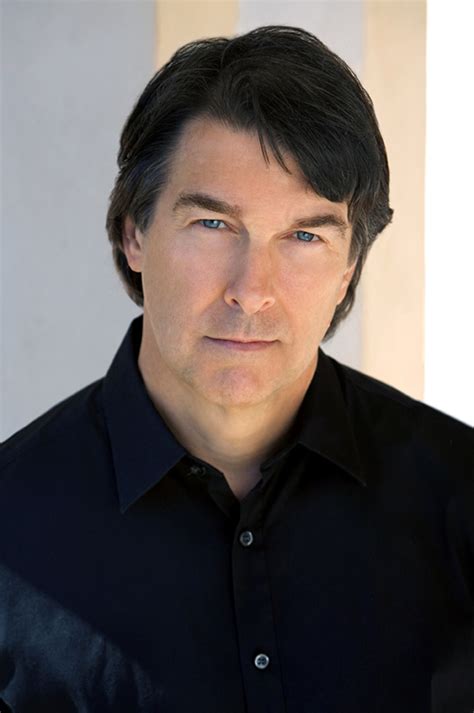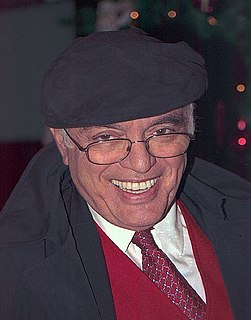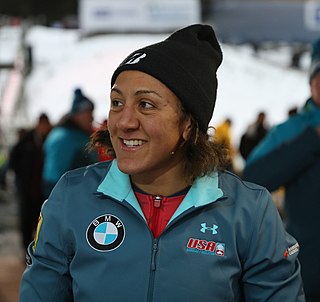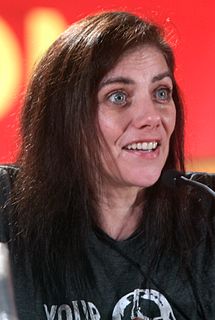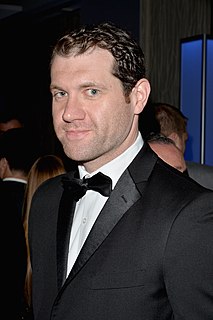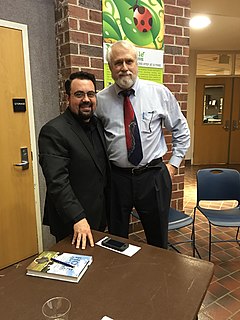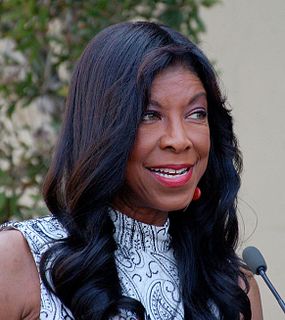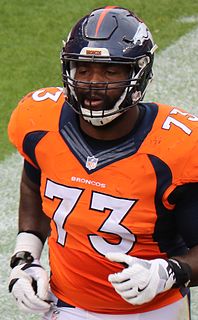A Quote by David Newman
We went to a very liberal Episcopalian church. It didn't take for me.
Related Quotes
I was kind of feeling a spiritual need all those years. My wife Geraldine and I went to an Episcopalian Church for a while. Oh, it just seemed very political to me that a guy so liberal was talking about opposing the war in Vietnam and I didn't want to hear that when I went to church. I wanted something spiritual.
The work of God in salvation is a supernatural work, but in the United States of America and among Baptists it's been reduced down to a few evangelical hoops that if we can get someone to jump through, we declare them popishly to be savedit has been the pulpit that's sending more people to Hell than any liberal organization on the face of the earthnot a liberal Methodist, not a liberal Episcopalian, but a Baptist who claims to know God's word and yet does not understand the gospel of Jesus Christ.
Religion does a lot of good, especially the loving kind, like at Grace Church. I know people who went to a more liberal kind of Christianity and were happy with that. The problem is, for me, there was a process involved in moving from Pentecostalism to a more liberal theology, like Grace Church. What makes me different is that process didn't stop, and it took me all the way. In the end, I couldn't help feeling that all religion, even the most loving kind, is just a speed bump in the progress of the human race.
I am an Episcopalian who takes the faith of my fathers seriously, and I would, I think, be disheartened if my own young children were to turn away from the church when they grow up. I am also a critic of Christianity, if by critic one means an observer who brings historical and literary judgment to bear on the texts and traditions of the church.
I love the church. And the church is flawed. I think it's important that the issues of justice become important to the church. A lot of these churches don't necessarily take on justice because it affects dollars that come in. We need to start and assess the areas that we're in and not be so obsessed with becoming this big, huge church where everybody's pointing at one leader! We all should be pointing at Jesus, and if that's true we got to get to a place where the people become important to us. It kills me! It hurts me! Jesus has set the example. It's very clear!
A church must be more deeply and practically committed to deeds of compassion and social justice than traditional liberal churches and more deeply and practically committed to evangelism and conversion than traditional fundamentalist churches. This kind of church is profoundly counter-intuitive to American observers. It breaks their ability to categorize (and dismiss) it as liberal or conservative. Only this kind of church has any chance in the non-Christian west.
